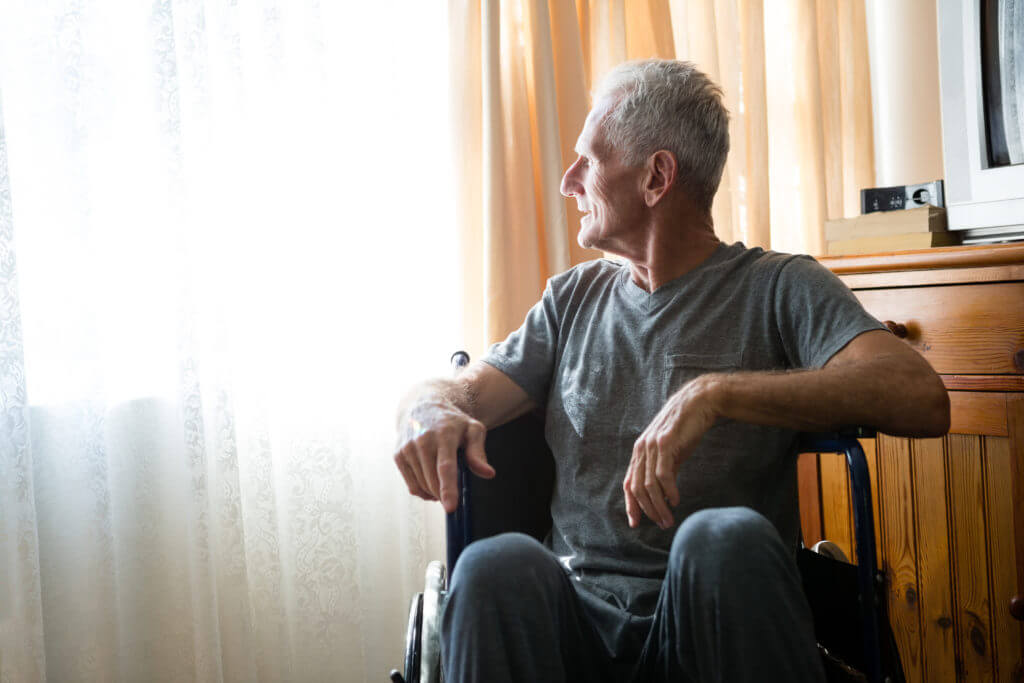Nursing home abuse
Anxiety In Nursing Homes

Anxiety, though common, isn’t typically something one thinks about in regards to nursing home residents. Unfortunately, for a myriad of reasons, anxiety in nursing homes occurs more often in long-term care residents than in those within the general community. There are many causes of anxiety; it is commonly seen alongside illnesses like Parkinson’s disease and dementia, and can even be caused by medication side effects. Anxiety also runs parallel to emotional responses such as anger, anticipated pain, or fear.
Several recent studies published by the International Journal of Geriatric Psychology have shown anxiety disorder rates in long term care facilities escalating as high as 20 percent compared to just 1.4 percent of the elderly living at home. In order to better understand just how anxiety is impacting these elderly patients, let’s review how emotional and physical responses can cause anxiety to manifest:
-
Pain
Though pain is a common occurrence in nursing homes, it is something that should be properly managed. When not dealt with correctly, residents may find themselves feeling anxious about performing daily activities, like dressing and self-care. Painful pressure ulcers or bedsores can become a common complaint among nursing home residents who find themselves neglected.
-
Depression
Nearly 20 percent of long-term care residents experience some form of depression, and an additional 30 percent have significant depression symptoms. These feelings are likely to trigger anxiety.
-
Ongoing Illness
Medical problems, such as heart disease, respiratory disorders, chronic obstructive pulmonary disease (COPD), and asthma, have also been known to cause anxiety.
-
Trauma
Traumatic events can include falls or infections that could have been prevented, staff neglecting to provide proper hygiene, medication, or dietary needs, and/or any verbal, physical, sexual, or financial abuse of a patient. Unfortunately, all of these are very real examples of traumatic events that can occur in nursing homes.
Identifying Anxiety
In most cases, medical conditions like anxiety are treatable when caught early on. The symptoms typically include:
- Feeling nervous or tense
- Having a sense of impending danger or panic
- Having an increased heart rate
- Breathing rapidly
- Sweating, trembling, and feeling weak or tired
- Having trouble concentrating or thinking about anything other than the present worry
- Having trouble sleeping
- Experiencing gastrointestinal problems
- Having the urge to avoid things that can trigger anxiety
Each of these factors is common among nursing home residents of long-term care facilities who experience anxiety.
Nursing Home Abuse Lawyers
The trial lawyers of Lopez McHugh have successfully Philadelphia represented nursing home residents and their families for decades. We are committed to protecting the vulnerable members of society by taking legal action to hold negligent institutions accountable when safety rules are violated. If you or a loved one have been victimized by neglect or abuse while in the care of a nursing home or senior citizen living facility in Philadelphia, contact us today for a free consultation.








